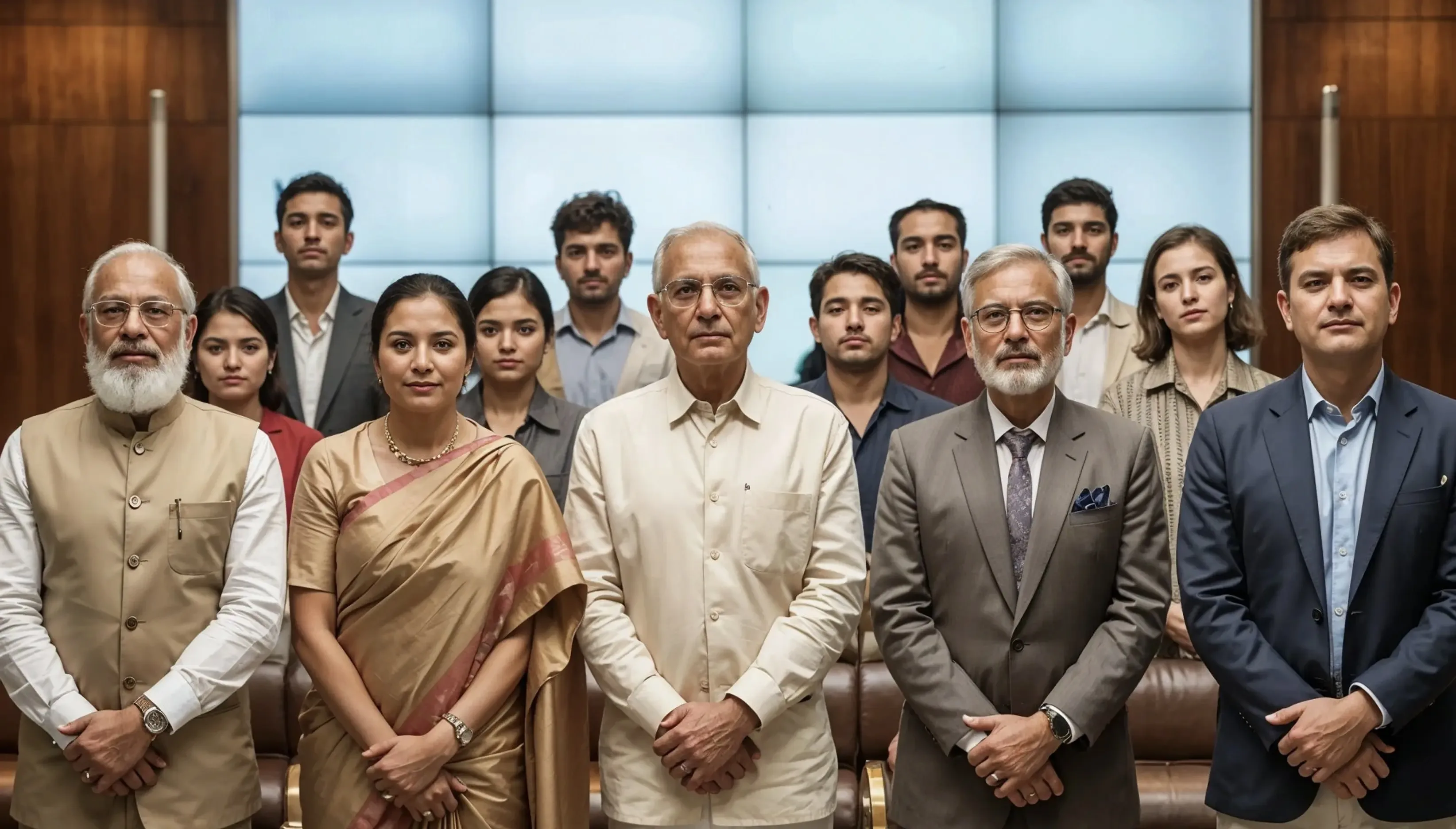A Story of Success via Working Together
In a busy IT startup, the team had a problem, a big client project was in danger because of unexpected technical problems and tight deadlines. The strain was real, but the team, which was led by experienced retired government officials with years of bureaucratic experience, didn't give up. Instead, they came together and used their combined skills to solve problems, communicate clearly, and change quickly.
They finished the job on time and grew closer as a result of open communication and a shared sense of purpose. They came out stronger than ever.
This narrative sets the setting for our talk on how to develop strong teams with experienced professionals and how their skills, teamwork, and capacity to adapt can turn problems into chances.
How to Build a Strong Team with Indian Retired Government Officers
In today's fast-changing business world, it's not simply a goal to establish a strong team, it's a must. Teams that are strong and have experienced experts on them can get through tough times, stay productive, and create a great work environment.
In this blog, we will look at practical ways to build resilience below, using the knowledge and experience of retired government officers.
1. Use Your Experience to Stay Stable
Retired Indian government employees are the backbone of our nation since they provide a lot of information and different points of view. Their capacity to learn from past problems, such as dealing with a project going off the rails or an economic crisis, gives them solidity in tough times.
To make the most of this, businesses should:
- Mentor New Talent: Put retired officers with newer ones to help them learn and boost their confidence.
- Encourage Decision-Making: Let retired officers make important decisions and use their problem-solving talents to help the team get through tough times.
- Encourage veterans to talk about what they learned from past experiences during team debriefs: This will help them be more resilient after a difficulty.
2. Encourage a Culture of Open Communication
The key to resiliency is being able to talk to people. Ex-officers with a bureaucratic experience are often very good at communicating clearly and with empathy. This helps fill in gaps and lower stress. To create a culture of communication:
- Set Up Regular Check-ins: Have team meetings every week to make sure everyone is on the same page and to deal with problems right away.
- Use Collaborative Tools: Real-time communication is better and miscommunication is less likely when professionals use tools like Microsoft Teams or Slack every day.
- Encourage Feedback: Give employees a secure place to communicate their thoughts and worries.
3. Make Working Together and Getting to Know Each Other a Top Priority
Working together is a big part of being resilient, and companies that make it a priority are five times more likely to get better results. Retired Indian government officers working in corporates can run team-building activities that help people get to know each other and trust each other. Think about these ways:
- Virtual Team Building: Virtual team-building events like quiz nights or skills sharing sessions can help people who live far apart get to know each other better.
- In-Person Retreats: A lot of remote workers miss casual face-to-face conversations, so planning in-person retreats can help teams get to know one other better.
- Shared Goals: Get teams to work toward the same goals to give them a feeling of purpose.
4. Put Money into Training for Resilience
Training programs that focus on resilience can greatly improve how well a team works together. To make training work well:
- Teach staff how to deal with stress by showing them how to use mindfulness and time management.
- Simulate Challenges: Use scenario-based training to get teams ready for problems they might face in the real world, like in medical professional training programs.
- Encourage a Growth Mindset: Help your employees see problems as chances to learn and grow, which makes them more flexible and strong.
5. Accept and Encourage Diversity and Inclusion
Teams with people from different backgrounds bring different points of view, which makes decisions better and makes teams more resilient. Encourage everyone to be included:
- Make social connections: Encourage both personal and professional networks, since having people to lean on is important for staying strong.
- Take care of mental health: Offer wellness initiatives like flexible hours or mental health resources to meet a variety of requirements.
- Celebrate Wins: Recognizing successes can increase morale and give people a sense of accomplishment.
6. Measure and Keep Resilience
It's a long process to build resilience. Use surveys or performance measures to check on your team's resilience on a regular basis and find ways to make it better.
- Conduct Debriefs: After a difficulty, debriefs help people think about what happened and learn from it. This is what workplace resilience training does.
- Keep an Eye on Progress: Use KPIs to keep an eye on resilience activities. Companies that keep track of things are better ready for problems.
- Adapt Strategies: Keep improving your methods depending on feedback and how things are evolving at work.
Summarizing
Putting together a strong team of retired Indian government employees is a smart way to invest in the success of your firm. Companies may build teams that do well in tough times by using their knowledge, encouraging open communication, putting teamwork first, and spending money on training.
The numbers are clear: teams that are strong and flexible have less burnout, work more efficiently, and get greater results. As the workplace changes with remote work and new technologies, it becomes even more important for experienced people to help teams deal with problems.


